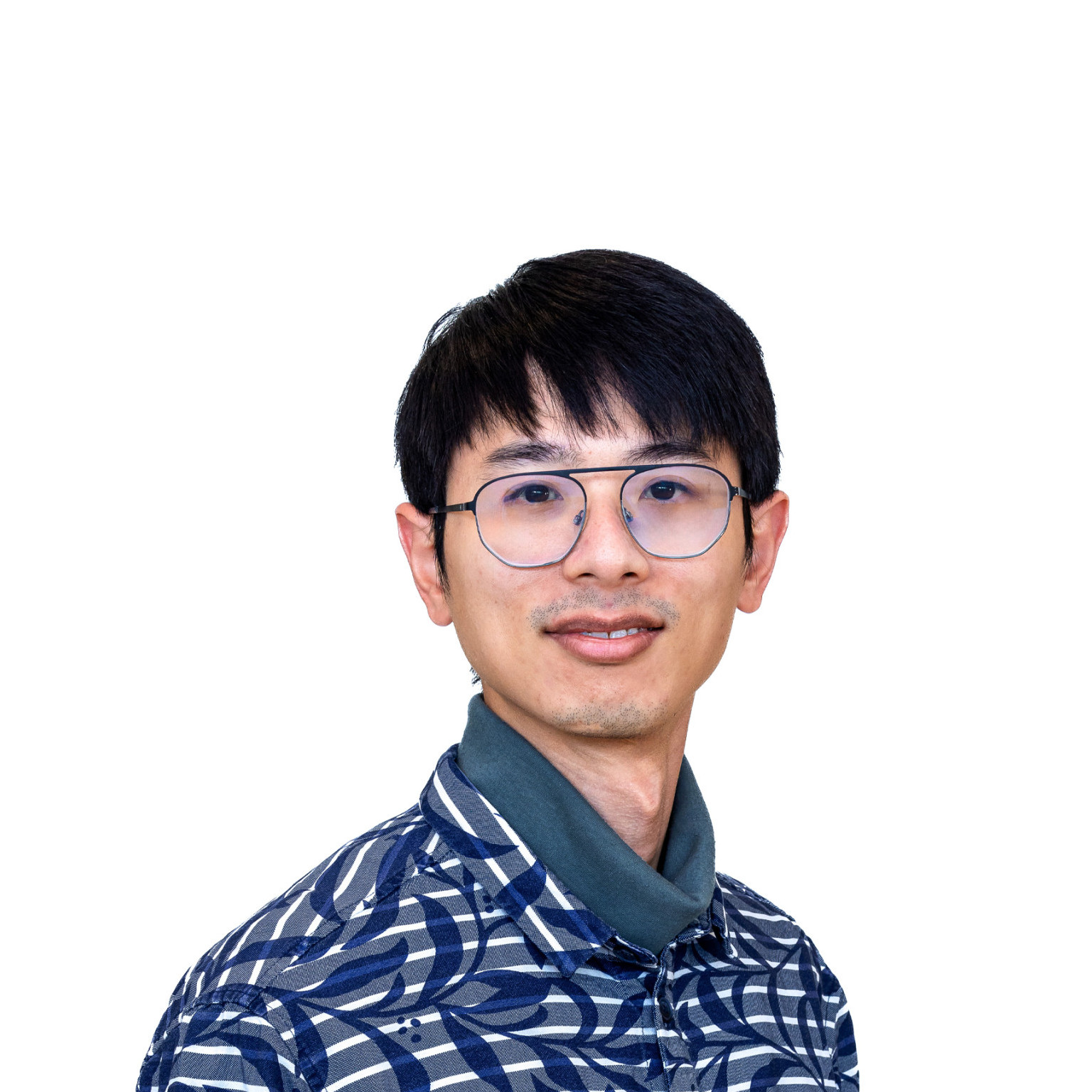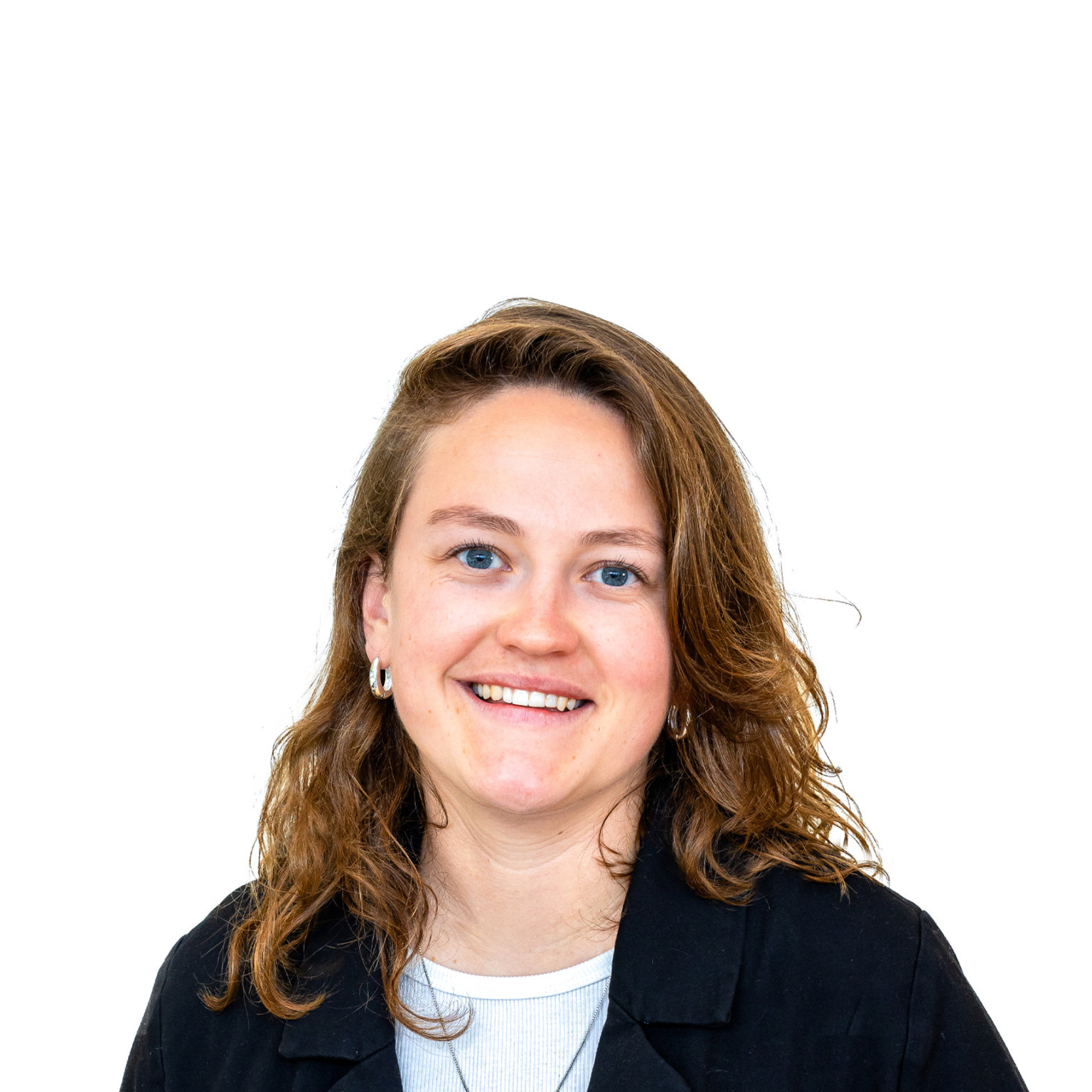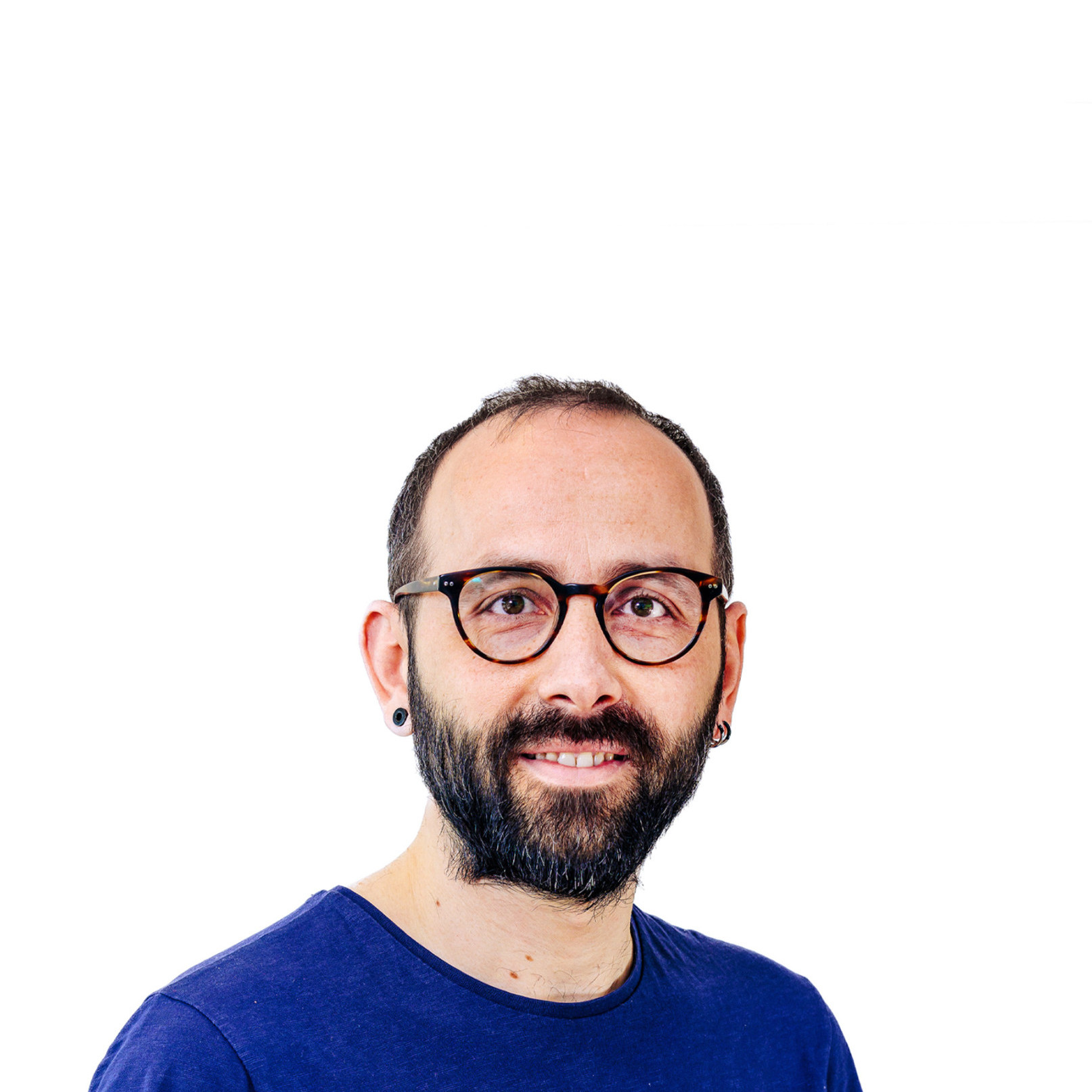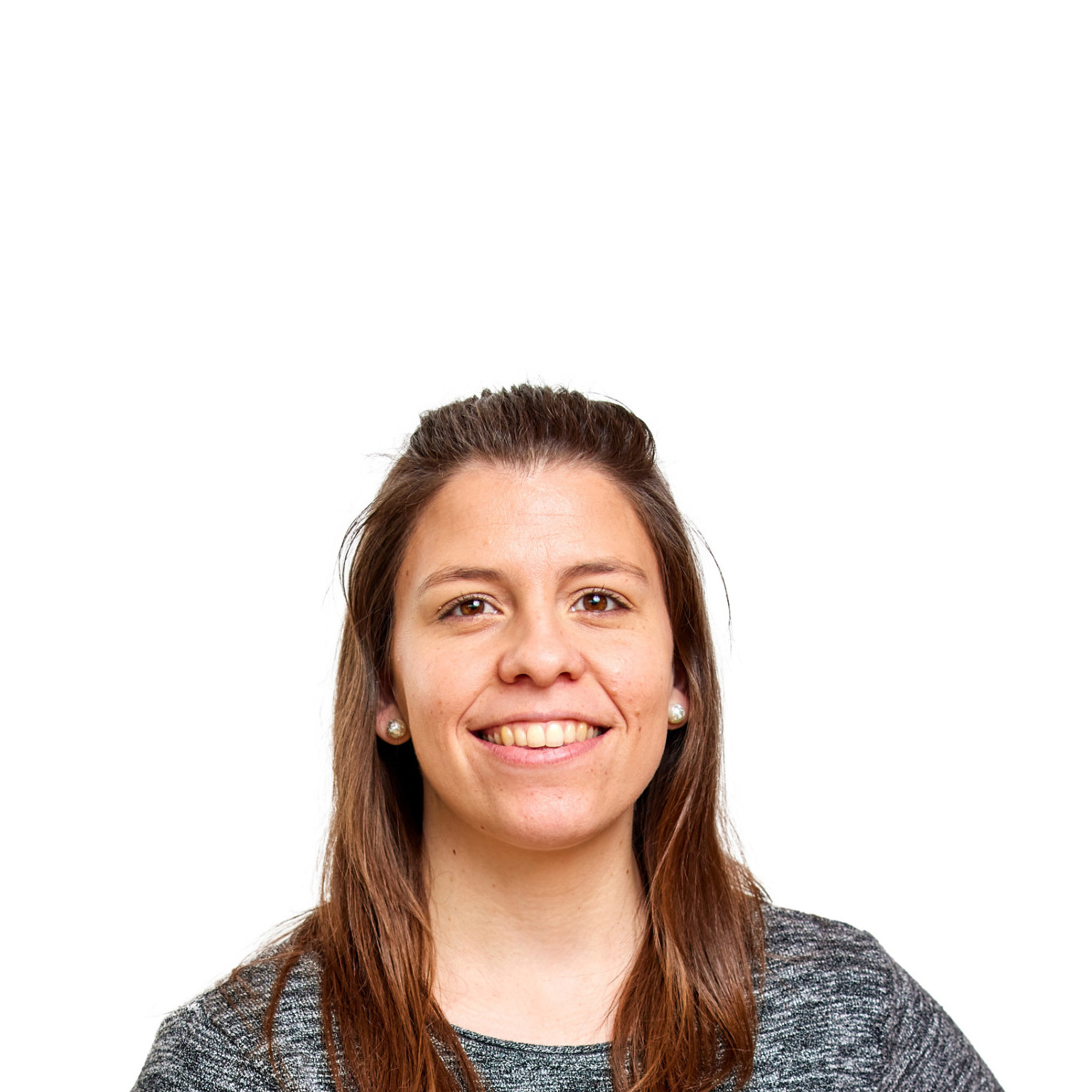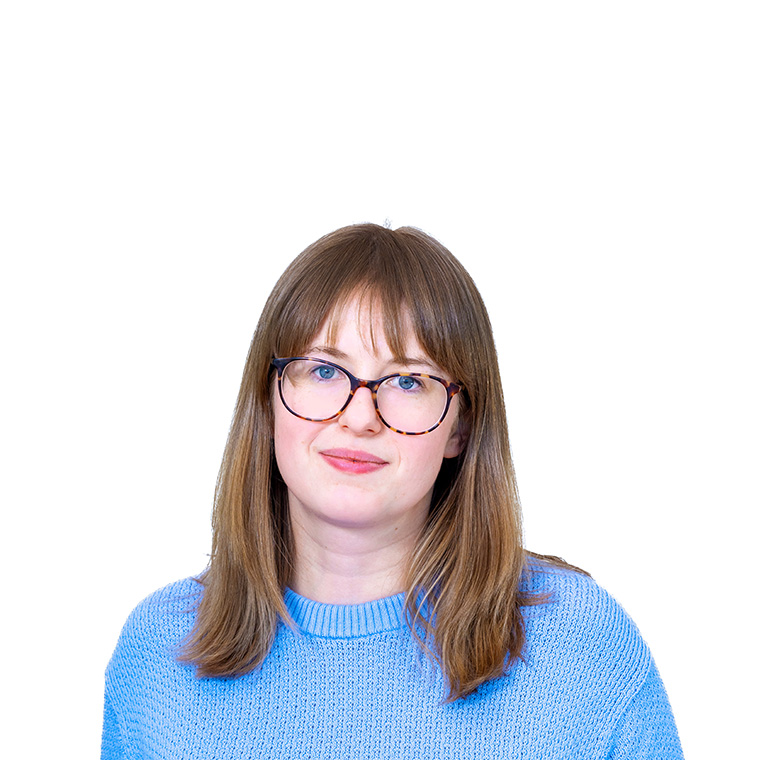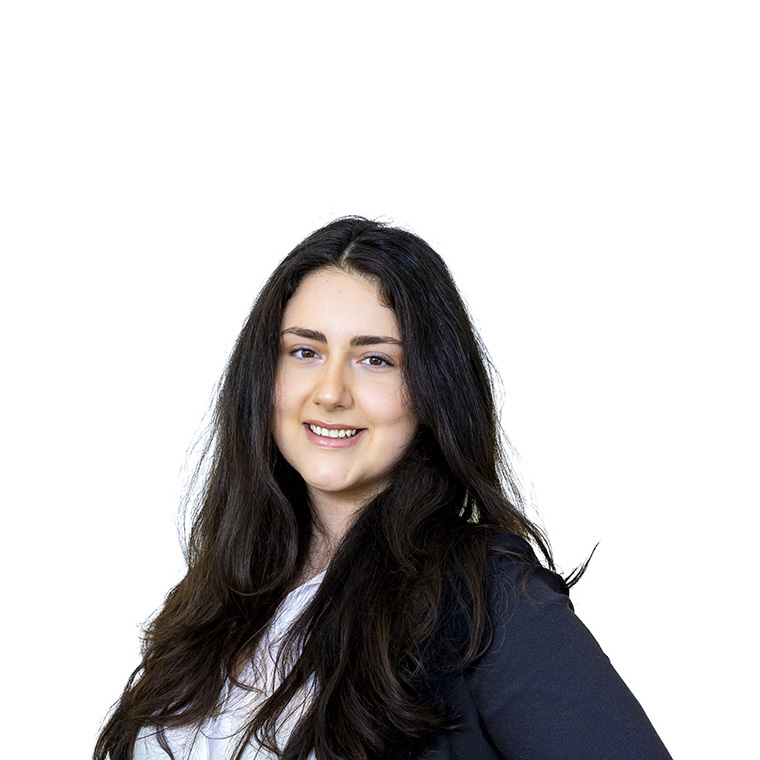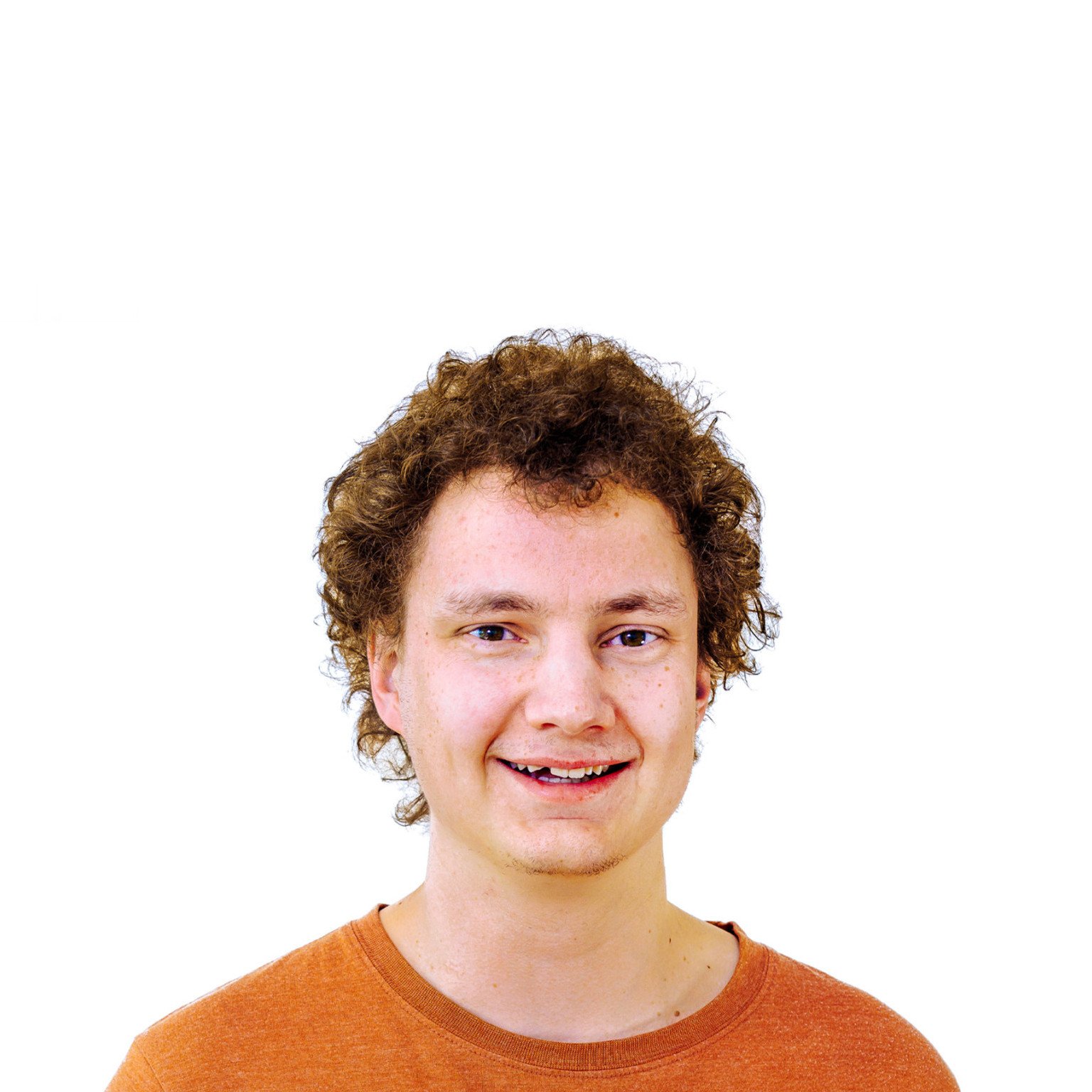Group leader: Sebastiaan van Heesch
“We’re diving into an unexplored world of novel small proteins whose existence until recently was completely unknown. It’s the 'dark matter' of the cancer proteome.”
Sebastiaan van Heesch - Group leaderIdentification and characterization of novel microproteins
Using state-of-the-art genomics and proteomics technologies, we have recently discovered thousands of putative microproteins translated by ribosomes from presumed noncoding RNA in human tissues (van Heesch et al., Cell 2019, Mudge et al., Nature Biotechnology 2022, Sandmann et al., Molecular Cell 2023). As none of these proteins were known to exist, these findings could mean that the human proteome is much more complex than anticipated. They also create a wealth of potential novel protein functions to investigate.
Because of their small size, microproteins can be potent influencers of all kinds of cellular processes and pathways - including those important for cancer (Hofman et al., Molecular Cell 2024). However, for most microproteins, their precise function and behavior in disease are not known. The Van Heesch group aims to identify and characterize microproteins with important roles in pediatric cancer and devise therapeutic strategies to target them.
Key to the detection of these small proteins is the ribosome profiling (or Ribo-seq) technology, which helps us visualize the (parts of) RNA molecules used in a cancer cell for protein synthesis. In our lab, we apply and integrate state-of-the-art genomics, transcriptomics, translatomics and proteomics technologies, which we combine with targeted knockout and knockin (CRISPR/Cas9), subcellular localization, and interactome analyses to fully understand each microprotein’s mechanism of action.
'To fight cancer, we create personalized catalogs of all mistakes a cancer cell makes while producing protein. We then use these tumor-specific errors against the tumor through targeted (immune) therapies.'
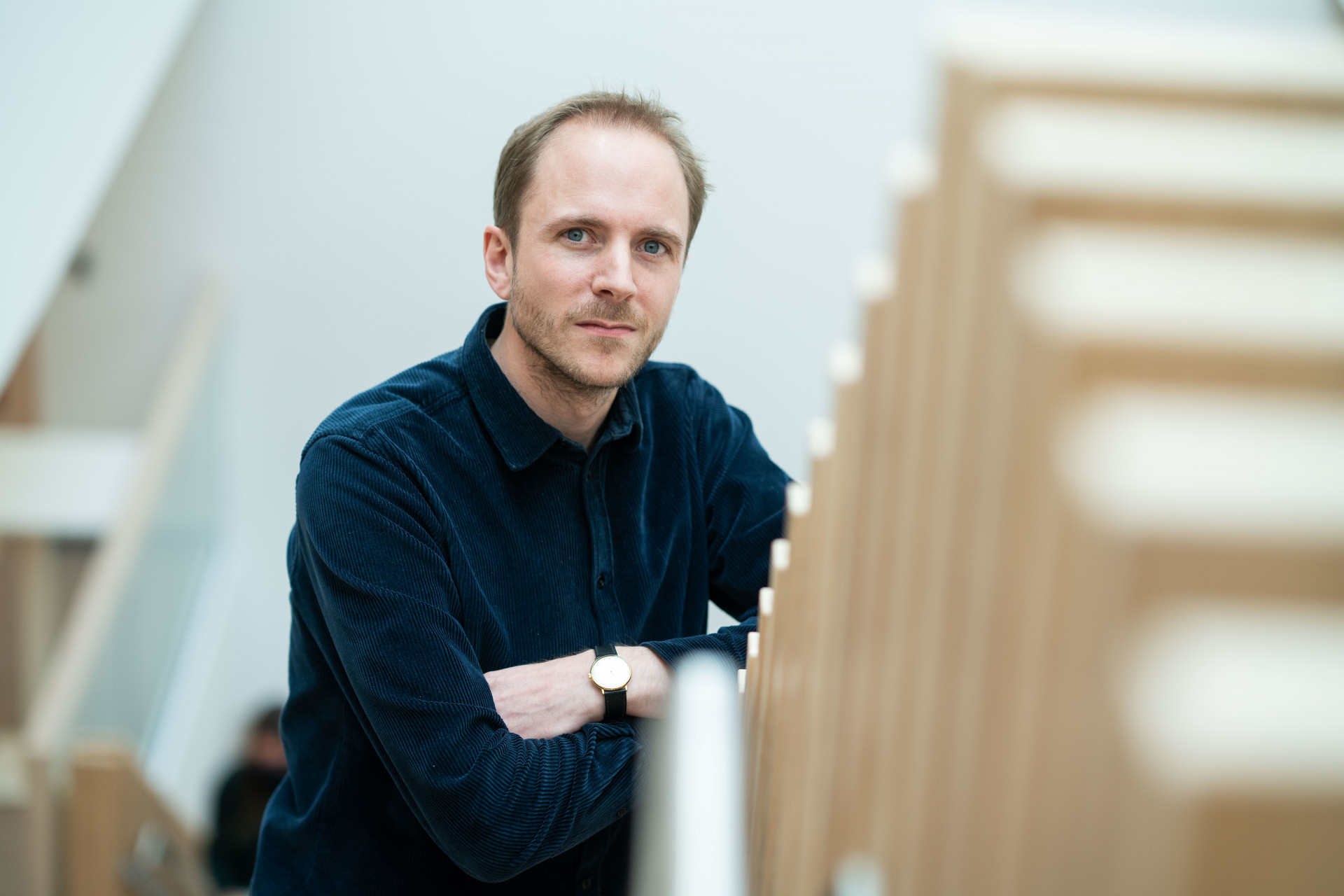
Exploring the tumor-specific translatome for immunotherapy
Immunotherapy has revolutionized the treatment of cancer in adults, but its application to childhood cancer is still very limited. As part of the Princess Máxima Center’s broader strategy to develop immune therapy options for pediatric cancer patients, the Van Heesch group aims to identify pediatric tumor-specific antigens that can subsequently be targeted with immunotherapy.
To find the best targets, we use a combined genome (DNA), transcriptome (RNA), and translatome (protein production) monitoring strategy for solid tumor tissue and patient-derived cell lines or organoids. The aim is to catalog personalized and recurrent putative tumor-specific antigens, detect these with HLA-I immunopeptidomics, and design cellular therapies and vaccines against them.
Our group is actively involved in the Oncode Accelerator National Growth Fund project, in which we co-lead the Therapeutic Vaccines work stream.
As of January 2024, our group has been selected to join Oncode Institute.
All opportunities for internships and academic positions will be posted on the Máxima vacancy website. Please apply via the portal. We only accept candidates who have applied for publicly advertised positions on the Máxima vacancy portal.
NB: All our internship positions are currently taken; requests may take longer to receive a response.
Grants
- Defining non-canonical drivers of high-risk neuroblastoma for therapeutic insights – KiKa Project (2025 – 2029) – News article
- Selected as Junior Oncode Investigator (2024-2028) - News Article
- Evolutionarily young microproteins in childhood brain cancer - NWO vidi grant (2023-2028) - News Article
- Functional characterization of neuroblastoma-specific microproteins with immunotherapeutic potential - CoFund Butterfly and Villa joep (2023 - 2027)
- From tumor-specific protein to immunogenic target (with Nierkens group) - Stichting Reggeborgh (2023-2027)
- Recurrent Ewing Sarcoma-specific neoproteins as targets for immunotherapy (with Olivier Delattre & Joshua Waterfall (Institut Curie) and Thomas Grünewald (DKFZ/KiTZ)) - Fight Kids Cancer / European Science Foundation (2023-2025)
- Oncode Accelerator: the Preclinical Accelerator for Cancer Treatments (National Growth Fund) - Oncode Accelerator (2023 - 2031) - News Article
- Acute myeloid leukemia-specific proteins as potential targets for immunotherapy (with Heidenreich group) - KiKa pilot grant (2022 - 2023)
- The roles of previously undiscovered microproteins in childhood cancer - Bergh in het Zadel (2021 - one time donation)
- Developing new immunotherapies for children with cancer - Stichting Reggeborgh (2021-2023)
- Joining forces to activate T cell immunity against High-Risk Neuroblastoma (with Nierkens group and Molenaar group) - Villa Joep (2021 - 2025) - News Article
- Cancer Immunotherapy in Children: A Multiparameter Integrated Program (with Nierkens group) - FOCA (2020-2024)
Twinning program KiTZ
Dissecting and targeting evolutionarily young microproteins in Ewing sarcoma - with T. Grünewald (KiTZ) and Merks group (2022 - 2023)
News Article
Princess Máxima Center Foundation
Donations are regularly received through the Princess Máxima Center Foundation. With gratitude, the van Heesch group spends these donations on research into microproteins and immunotherapy target finding.
$Co-first author
*Corresponding / senior author
Full publication list on Google Scholar
Deutsch EW$, Kok LW$, Mudge JM$, Ruiz-Orera J, Fierro-Monti I, Sun Z, Abelin JG, Alba MM, Aspden JL, Bazzini AA, Bruford EA, Brunet MA, Calviello L, Carr SA, Carvunis AR, Chothani S, Clauwaert J, Dean K, Faridi P, Frankish A, Hubner N, Ingolia NT, Magrane M, Martin MJ, Martinez TF, Menschaert G, Ohler U, Orchard S, Rackham O, Roucou X, Slavoff SA, Valen E, Wacholder A, Weissman JS, Wu W, Xie Z, Choudhary J, Bassani-Sternberg M, Vizcaíno JA, Ternette N, Moritz RL*, Prensner JR* & van Heesch, S*. High-quality peptide evidence for annotating non-canonical open reading frames as human proteins. bioRxiv (2024) 2024.09.09.612016. doi: https://doi.org/10.1101/2024.09.09.612016 Featured in Science (2024) and Nature (2025).
Hofman DA, Prensner JR*, van Heesch S*. Microproteins in cancer: identification, biological functions, and clinical implications. Trends in Genetics. 2025 Feb;41(2):146-161. https://doi.org/10.1016/j.tig.2024.09.002. Epub 2024 Oct 7. PMID: 39379206
Ruiz-Orera J$, Miller DC$, Greiner J, Genehr C, Grammatikaki A, Blachut S, Mbebi J, Patone G, Myronova A, Adami E, Dewani N, Liang N, Hummel O, Muecke MB, Hildebrandt TB, Fritsch G, Schrade L, Zimmermann WH, Kondova I, Diecke S*, van Heesch S*, Hübner N*. Evolution of translational control and the emergence of genes and open reading frames in human and non-human primate hearts. Nature Cardiovascular Research (2024) Sep 24. doi: https://doi.org/10.1038/s44161-024-00544-7. PMID: 39317836. In the press.
Hofman DA$, Ruiz-Orera J$, Yannuzzi I, Murugesan R, Brown A, Clauser KR, Condurat AL, van Dinter JT, Engels SAG, Goodale A, van der Lugt J, Abid T, Wang L, Zhou KN, Vogelzang J, Ligon KL, Phoenix TN, Roth JA, Root DE, Hubner N, Golub TR, Bandopadhayay P, van Heesch S*, Prensner JR*. Translation of non-canonical open reading frames as a cancer cell survival mechanism in childhood medulloblastoma. Molecular Cell (2024). doi: https://doi.org/10.1016/j.molcel.2023.12.003. PMID: 38176414. In the press. Preview/commentary of this publication
Prensner JR, Abelin JG, Kok LW, Clauser KR, Mudge JM, Ruiz-Orera J, Bassani-Sternberg M, Deutsch EW, van Heesch S. What can Ribo-seq, immunopeptidomics, and proteomics tell us about the non-canonical proteome? Molecular Cellular Proteomics (2023) Aug 10:100631. doi: https://doi.org/10.1016/j.mcpro.2023.100631. PMID: 37572790.
Sandmann CL$, Schulz JF$, Ruiz-Orera J$, Kirchner M, Ziehm M, Adami E, Marczenke M, Christ A, Liebe N, Greiner J, Schoenenberger A, Muecke MB, Liang N, Moritz RL, Sun Z, Deutsch EW, Gotthardt M, Mudge JM, Prensner JR, Willnow TE, Mertins P, van Heesch S*, Hubner N*. Evolutionary origins and interactomes of human, young microproteins and small peptides translated from short open reading frames. Molecular Cell (2023) Mar 16;83(6):994-1011.e18. doi: https://doi.org/10.1016/j.molcel.2023.01.023. PMID: 36806354
In the press
Broeils LA, Ruiz-Orera J, Snel B, Hubner N, van Heesch S*. Evolution and implications of de novo genes in humans. Nature Ecology & Evolution (2023) Mar 16. doi: https://doi.org/10.1038/s41559-023-02014-y. PMID: 36928843.
Mudge JM*, Ruiz-Orera J*, Prensner JR*, Brunet MA, Calvet F, Jungreis I, Gonzalez JM, Magrane M, Martinez TF, Schulz JF, Yang YT, Albà MM, Aspden JL, Baranov PV, Bazzini AA, Bruford E, Martin MJ, Calviello L, Carvunis AR, Chen J, Couso JP, Deutsch EW, Flicek P, Frankish A, Gerstein M, Hubner N, Ingolia NT, Kellis M, Menschaert G, Moritz RL, Ohler U, Roucou X, Saghatelian A, Weissman JS, van Heesch S*. Standardized annotation of translated open reading frames. Nature Biotechnology (2022) Jul;40(7):994-999. https://doi.org/10.1038/s41587-022-01369-0. PMID: 35831657. Featured in Science (2022).
van Heesch S*, Witte F, Schneider-Lunitz V, Schulz JF, Adami E, Faber AB, Kirchner M, Maatz H, Blachut S, Sandmann CL, Kanda M, Worth CL, Schafer S, Calviello L, Merriott R, Patone G, Hummel O, Wyler E, Obermayer B, Mücke MB, Lindberg EL, Trnka F, Memczak S, Schilling M, Felkin LE, Barton PJR, Quaife NM, Vanezis K, Diecke S, Mukai M, Mah N, Oh SJ, Kurtz A, Schramm C, Schwinge D, Sebode M, Harakalova M, Asselbergs FW, Vink A, de Weger RA, Viswanathan S, Widjaja AA, Gärtner-Rommel A, Milting H, Dos Remedios C, Knosalla C, Mertins P, Landthaler M, Vingron M, Linke WA, Seidman JG, Seidman CE, Rajewsky N, Ohler U, Cook SA, Hubner N*. The Translational Landscape of the Human Heart. Cell (2019) 178(1):242-260.e29. https://doi.org/10.1016/j.cell.2019.05.010. PMID: 31155234. Featured in Science (2019).
Palomar-Siles M, Heldin A, Zhang M, Strandgren C, Yurevych V, van Dinter JT, Engels SAG, Hofman DA, Öhlin S, Meineke B, Bykov VJN, van Heesch S, Wiman KG. Translational readthrough of nonsense mutant TP53 by mRNA incorporation of 5-Fluorouridine. Cell Death & Disease (2022) Nov 25;13(11):997. doi: https://doi.org/10.1038/s41419-022-05431-2. PMID: 36433934
Schneider-Lunitz V$, Ruiz-Orera J$, Hubner N*, van Heesch S*. Multifunctional RNA-binding proteins influence mRNA abundance and translational efficiency of distinct sets of target genes. PLOS Computational Biology (2021). Dec 8;17(12):e1009658. doi: https://doi.org/10.1371/journal.pcbi.1009658. PMID: 34879078
Witte F$, Ruiz-orera J$, Mattioli CC, Blachut S, Adami E, Schulz F, Schneider-lunitz V, Hummel O, Patone G, Mücke MB, Šilhavý J, Heinig M, Bottolo L, Sanchis D, Vingron M, Chekulaeva M, Pravenec M, Hubner N*, van Heesch S*. A trans locus causes a ribosomopathy in hypertrophic hearts that affects mRNA translation in a protein length-dependent fashion. Genome Biology (2021). Jun 28;22(1):191. doi: https://doi.org/10.1186/s13059-021-02397-w. PMID: 34183069.
Gaertner B$, van Heesch S$, Schneider-lunitz V, Schulz JF, Witte F, Blachut S, Nguyen S, Wong R, Matta I, Hubner N, Sander M. A human ESC-based screen identifies a role for the translated lncRNA LINC00261 in pancreatic endocrine differentiation. eLife (2020) 9:e58659. doi: https://doi.org/10.7554/eLife.58659. PMID: 32744504.
van Heesch S, van Iterson M, Jacobi J, Boymans S, Essers PB, de Bruijn E, Hao W, MacInnes AW, Cuppen E, Simonis M. Extensive localization of long noncoding RNAs to the cytosol and mono- and polyribosomal complexes. Genome Biology (2014) 15(1):R6. https://doi.org/10.1186/gb-2014-15-1-r6 PMID: 24393600.






